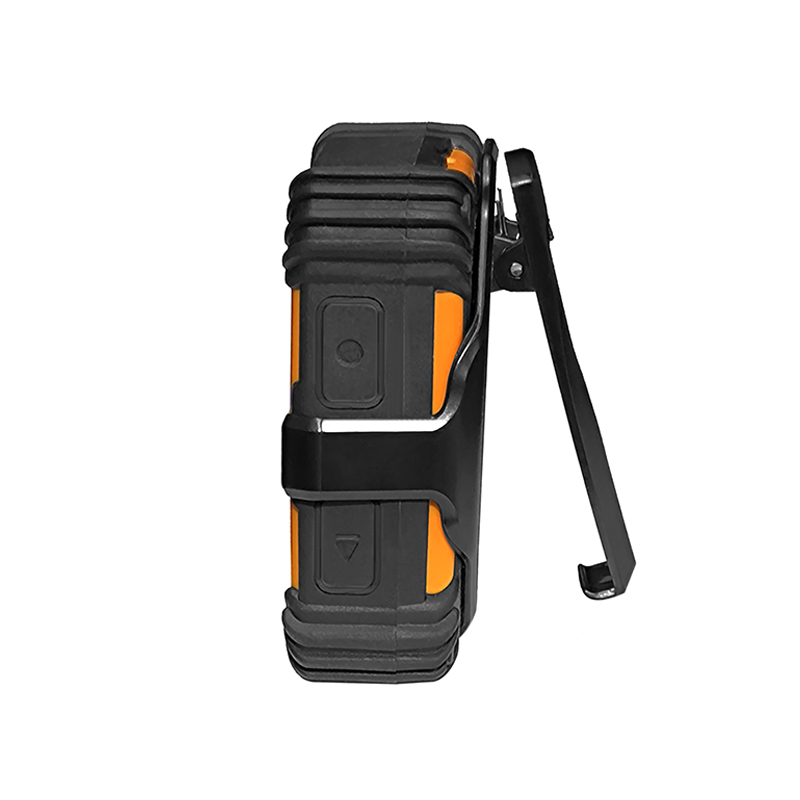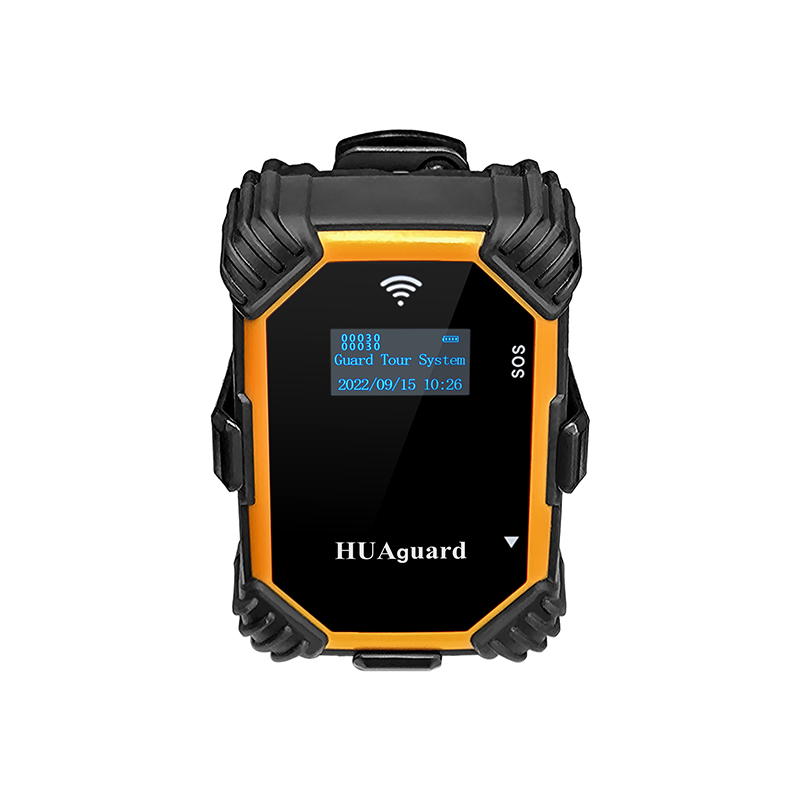

The hardware components of a guard patrol system must be carefully designed to withstand the rigours of daily use. To test its reliability, evaluate the device's durability under various conditions.
Start by testing the system's resistance to physical wear and tear. This includes simulating real-life scenarios where the device may be dropped, exposed to moisture, or subjected to extreme temperatures. For example, you can perform drop tests from different heights to evaluate the device's ability to withstand unexpected impacts. The device's water and dust resistance should also be tested, mainly if the system is outdoors. Devices with IP ratings can provide insight into their ability to operate in harsh environments.

The software components of guard patrol systems are just as important as the hardware. Reliable software ensures accurate data collection, reporting, and real-time monitoring. First, to test software functionality and assess its compatibility with various operating systems and devices.
Simulate scenarios where security personnel must log data, access reports, or manage schedules. Check for system crashes, data corruption, or delayed real-time updates. Please pay close attention to the system's user interface to ensure it is intuitive and easy to navigate. Another key aspect is the software's ability to integrate with existing security infrastructure. Perform integration testing to ensure seamless communication between different components of the security ecosystem.
The primary purpose of a patrol system is to track and record the activities of security personnel. Therefore, the accuracy of data collection and reporting is critical. First, a series of patrols using the system will be conducted, and the recorded data will be compared with actual events to test this aspect. Verify that the system accurately records timestamps, checkpoint visits, and any events reported by security personnel—test data synchronization consistency between handheld devices and central management systems.
Assess the reliability of automated alerts and notifications. For example, if a guard misses a checkpoint or strays from a designated route, the system should notify a supervisor in real time. Accurate reporting is essential to identifying security gaps and ensuring accountability. A reliable patrol system should provide detailed, error-free reports that can be used for audits, performance evaluations, and compliance with security standards.

A patrol system's reliability can be compromised if its devices have a short battery life. To test this aspect, evaluate how long the system’s handheld devices can operate on a single charge under normal use conditions.
Perform battery drain tests by simulating regular patrol activities, such as scanning checkpoints, logging incidents, and accessing reports. Measure the device’s battery performance over an extended period to determine if it can sustain entire shift operations. Also, evaluate the charging time required for the device to charge fully. Fast charging capabilities improve efficiency, especially when users need continuous device operation.
Effective communication between devices and the central management system is a key aspect of a reliable patrol system. Testing communication reliability evaluates the system’s ability to transmit data in real time under varying network conditions.
Test areas with weak Wi-Fi or cellular signals to determine if the system can maintain a stable connection. For systems that rely on offline data synchronization, ensure that data is accurately stored on the device and seamlessly uploaded once connectivity is restored. Another critical factor is the system’s ability to handle simultaneous data transfers from multiple devices. Stress testing the communication infrastructure ensures it can accommodate large amounts of data without delays or errors.
Testing your guard patrol system's reliability is critical in ensuring it is effective and appropriate for your organization’s security needs. By evaluating factors such as hardware durability, software functionality, data accuracy, battery life, communication reliability, user training, and long-term performance, you can identify any weaknesses and make an informed decision about implementing your system.